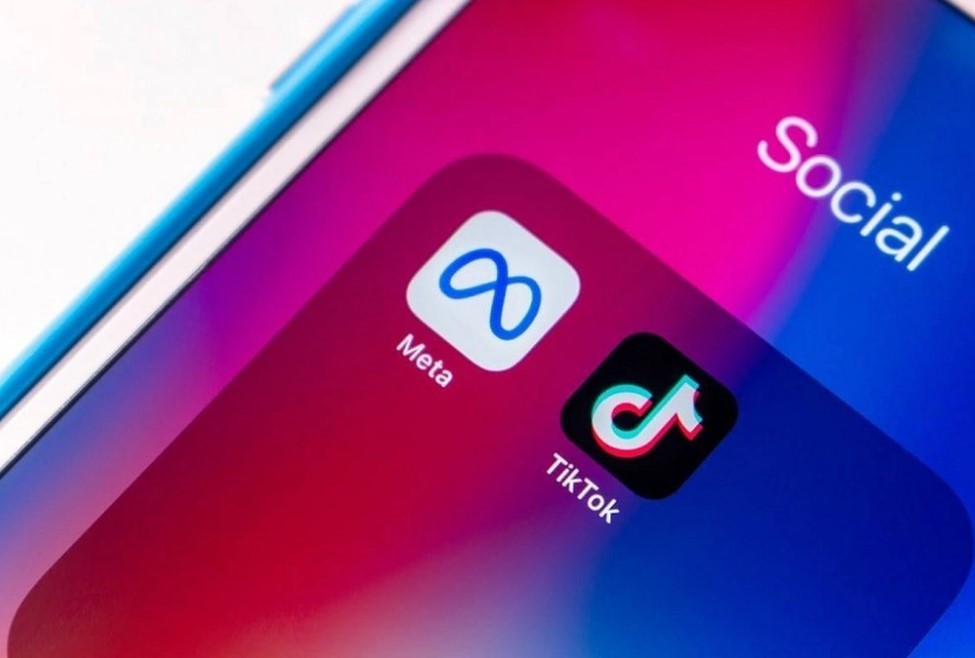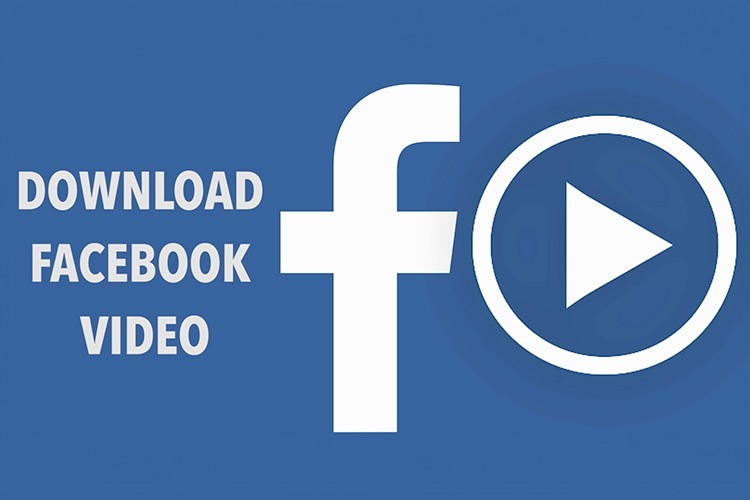Facts About Facebook Could Block News in Canada
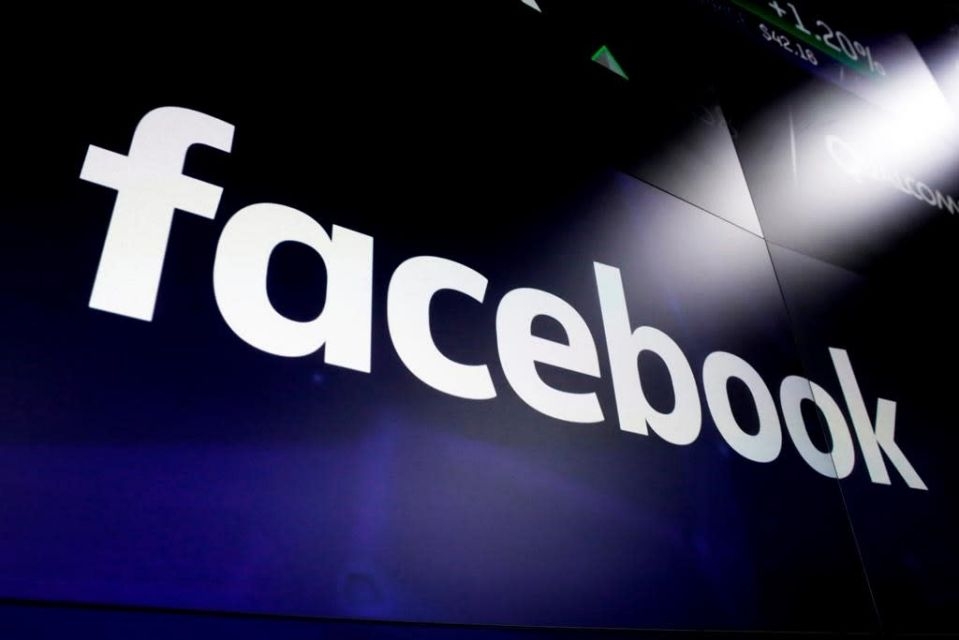 |
| Facebook could block news in Canada. Photo: finance.yahoo |
Facebook has hinted that it could block news content in Canada following reports stating the tech giants will be required to share their revenue with news publishers. Last month, Facebook blocked news content in Australia for five days in response to proposed legislation requiring digital giants to pay media outlets for linking to their work. Facebook Canada's head of policy, Kevin Chan, on Monday said that any law that forces Facebook to pay publishers each time their news content is shared on its platform fundamentally breaks the premise of how a free and open internet works."It is never something we would ever want to do unless we really have no choice," Chan said in a parliamentary committee hearing.
Facebook calls on the Canadian government to set social media rules
Facebook says it would welcome increased regulation by the Canadian government, including rules for what kind of content should — or should not — be allowed on social media platforms.
In an interview with CBC News, Kevin Chan, global director and head of public policy for Facebook Canada, said Parliament should make clear what kinds of content aren't allowed.
"On this question of content regulation, we think that having platforms make decisions about all these things and in an uncoordinated fashion with different platforms having different postures, we think that's not sustainable," he explained. "So we think that public rules by Parliament would help clarify these things and obviously apply across the internet."
Chan said Facebook already removes content considered illegal in Canada such as hate speech, revenge porn, and content involving child exploitation or terrorism. It also applies other Canadian laws such as removing ads for things like baby walkers that Health Canada has prohibited for sale in Canada.
Chan said Facebook also goes further and removes content that isn't illegal in Canada such as posts involving nudity, bullying or harassment. While Chan said Facebook has a sophisticated system in place, he said it would welcome a move by Parliament to help draw the line between prohibited and allowable content.
"We would welcome further rules. We would welcome further guidance and we would ... welcome rules that apply to everyone equally."
Chan said Facebook would also like to see stronger privacy legislation and has called for changes in tax provisions such as collecting and remitting sales tax to the government.
However, Chan said it would be a mistake for Canada to try to follow Australia's attempt to force tech giants to pay news media for their content shared on Facebook.
"Some of the ideas that we've seen discussed, such as the ones proposed in Australia where Facebook would be required to pay for links that are shared on the platform that we don't control, is going to be unworkable, we wouldn't be able to make that work because that's just not how things get shared onto Facebook."
Legislation on tech giants expected
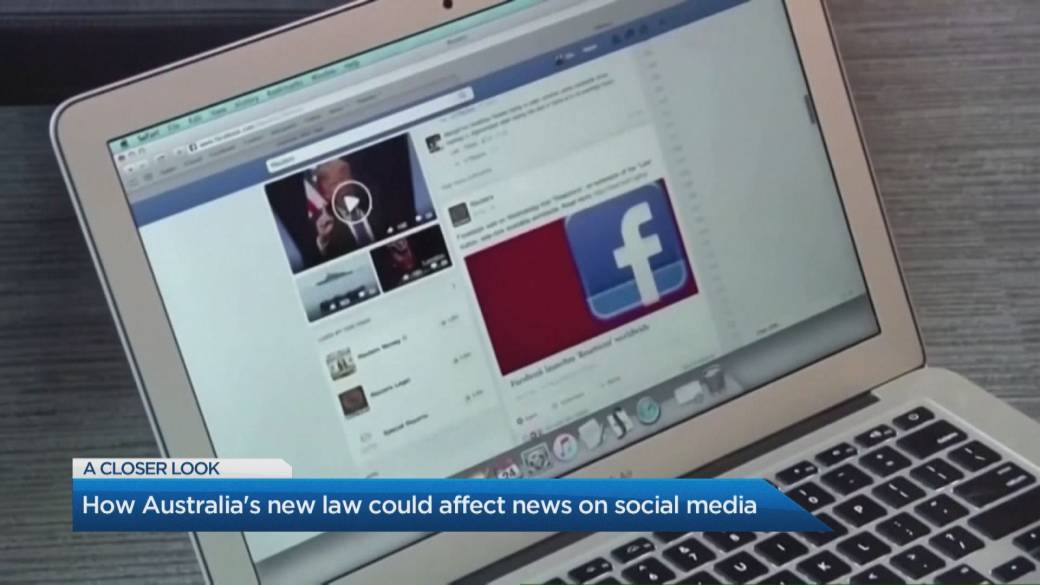 |
| Photo: globalnews |
Chan's comments come as he and Canadian Heritage Minister Steven Guilbeault are each scheduled to testify separately today before the House of Commons heritage committee on the relationship between Facebook and the government. The hearing was convened following a news report last fall suggesting that the tech giant's relationship with some Canadian government officials was too cozy.
In his latest mandate letter, Prime Minister Justin Trudeau charged Guilbeault with ensuring that the revenues of web giants are shared more fairly with creators and the media. Guilbeault is also tasked with making sure social media companies "take action on combating hate groups and online hate and harassment, ideologically motivated violent extremism and terrorist organizations."
Camille Gagné-Raynault, press secretary to Guilbeault, said the government is planning to introduce two separate pieces of legislation related to tech giants. The first, which they plan to introduce this winter, will address "online harms."
"For the other one, we are currently exploring options for a made-in-Canada formula that would ultimately lead to a comprehensive, coherent and equitable digital framework for both Canadian news publishers and digital platforms."
Social media platforms scrutinized
Social media platforms like Facebook and Twitter have been in the spotlight in recent weeks after right-wing demonstrators stormed Washington's Capitol building. In the wake of the riot, Facebook and Twitter suspended former President Donald Trump's accounts.
However, as social media giants have exerted more control over what is posted on their sites, those whose content was removed have gravitated to other platforms like Parler, Gab, Telegram or Omega Canada.
It is not clear whether the Canadian government could impose Canadian laws on sites that are used by Canadians but which are not located in Canada.
Chan said Facebook has been steadily toughening up its community standards over the past two years, removing groups and individuals that advocate things like white supremacy. More recently, Facebook removed militarized social networks from its platform and QAnon conspiracy sites.
Chan said Facebook is working with Canadian experts like Barbara Perry, director of the Centre on Hate, Bias and Extremism at Ontario Tech University, to identify extremist content and block it. But as Facebook removes things like hate speech, those trying to disseminate it try to find ways to get around Facebook's systems.
"If we start removing certain people, certain presences on Facebook and Instagram, it is very possible that they evolve their tactics and try to work around our enforcement measures," said Chan. "This is an ongoing security matter for us and as they evolve, we will evolve," CBC reported.
Be aware
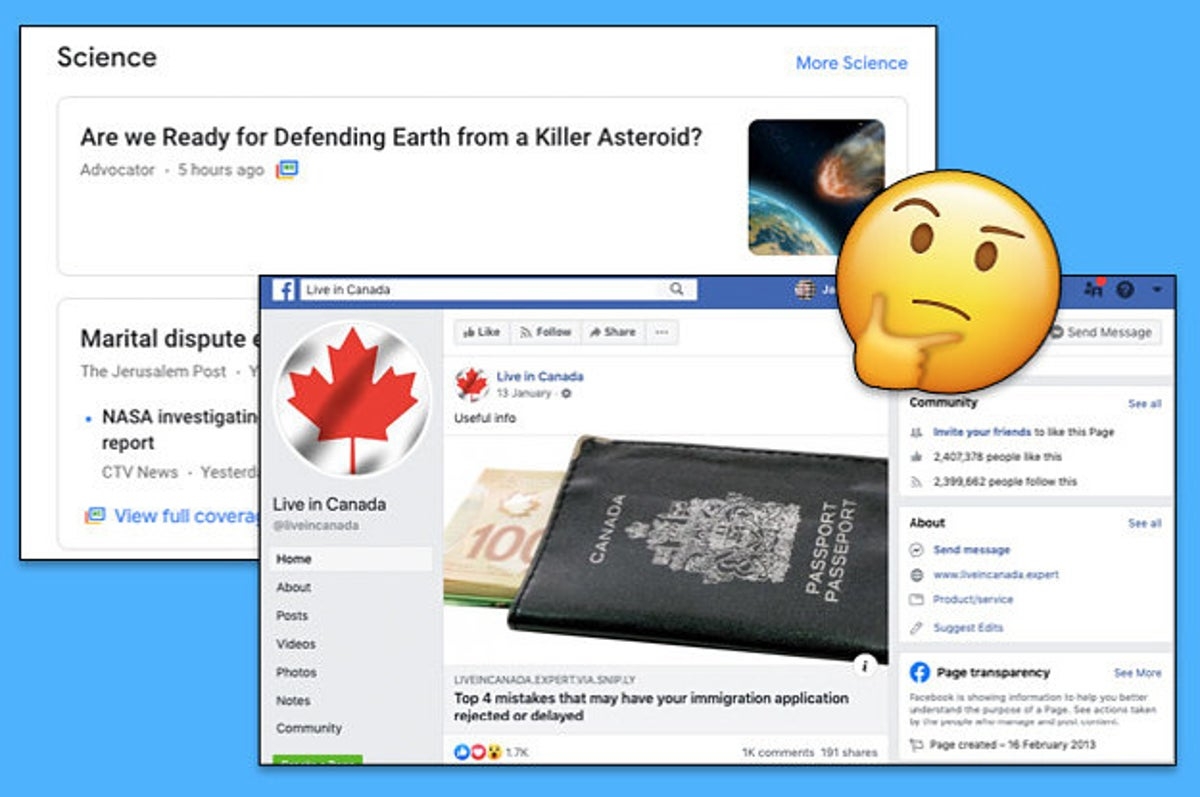 |
| Photo: buzzfeednews |
When he thinks this is an appropriate negotiation strategy for Facebook like it is for pulling news in Australia, Chan neither endorses nor rejects such a move in Canada Done: “This is never going to be what we ever want to do, as long as we don’t really have a choice,” he said.
Facebook and Google anticipate that Australia can set an example. Heritage Minister Steven Guilbult, who oversees media and communications in Canada, resolved in February to bring a bill similar to that proposed by the Australian government to his country’s parliament. Gilbilt insisted that the bill be coming soon, according to the National Post. Justin Trudeau, Canada’s prime minister, promised to “technical coordination” with Australian Prime Minister Scott Morrison in February to pressure large tech companies to pay for content on their platforms.
This occurs after a few months in Australia. While the Australian government was deliberately and then legislating the News Media Bargaining Code bill, Google threatened to pull the search out of the country completely. Later, Facebook suddenly pressed the red button on the news, Along with stories, branded pages and links to news sites completely disappear from the Australian platform. After five days of negotiations with Facebook and the Australian Government, the news was reinstated. Has become law since And both Google and Facebook have signed major deals with several Australian publishers.
“The news is not independent and has never been,” Gilbilt said in February. “Our position is clear: Publishers must be adequately compensated for their work and we will support them as they provide the necessary information for our democracy and the health and well-being of our communities.”
If Guilbult proposes a media bill in the Parliament of Canada, it may not be final. Morrison of Australia first pressurized large tech platforms to pay publishers by calling on Indian Prime Minister Narendra Modi, which would be particularly notable as India has more Facebook users than any other country. Earlier this month, Sushil Modi, an MP in the Upper House of India, called for the introduction of such a bill in India’s Parliament.
Defending Facebook’s contribution to journalism, Chan pointed to the Canadian Press News Fellowship, an initiative in which Facebook has invested $ 1 million and created 10 jobs in journalism that get published in a wire service. He said that Facebook would make $ 8 million more for news fellowships over the next three years and that Facebook has invested $ 18 million for Canadian journalism in the last six years. Chan also notes that Facebook is an asset to traffic publishers, with clicks “getting millions of dollars per year in the Canadian news industry” from Facebook to news sites, Indiatoday wrote.
Facebook blocks users in Australia from sharing newsFacebook has blocked users in Australia from viewing or sharing news on social media platforms. The move was triggered by Australia joining France and other governments in pushing Google, Facebook, and other internet giants to pay publishers for news content. While Google, a unit of Alphabet Inc., announced agreements to pay publishers in Australia, Facebook announced Thursday that it was blocking users in Australia from viewing or spreading the news on its platform, according to Globalnews. |
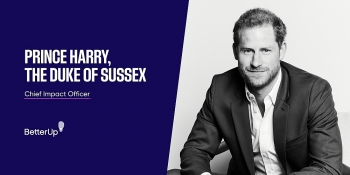 Facts about BetterUp.com - What is the Chief Impact Officer Facts about BetterUp.com - What is the Chief Impact Officer Prince Harry has joined the corporate world as employee coaching and mental health firm BetterUp Inc.’s Chief Impact Officer. Financial terms of his employment were ... |
 What is Wifinanscan App from Google Store and How it Works What is Wifinanscan App from Google Store and How it Works Google has introduced a new application called ‘WifiNanScan App’ on Play Store to measure the distance between phones. Here is everything you need to know ... |
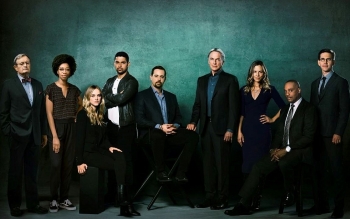 What is the Poem Read on ‘NCIS’ Season 18? What is the Poem Read on ‘NCIS’ Season 18? Episode 9 of NCIS season 18 has left fans heartbroken as Emily Fornell died but viewers have been left asking why the character was killed ... |

